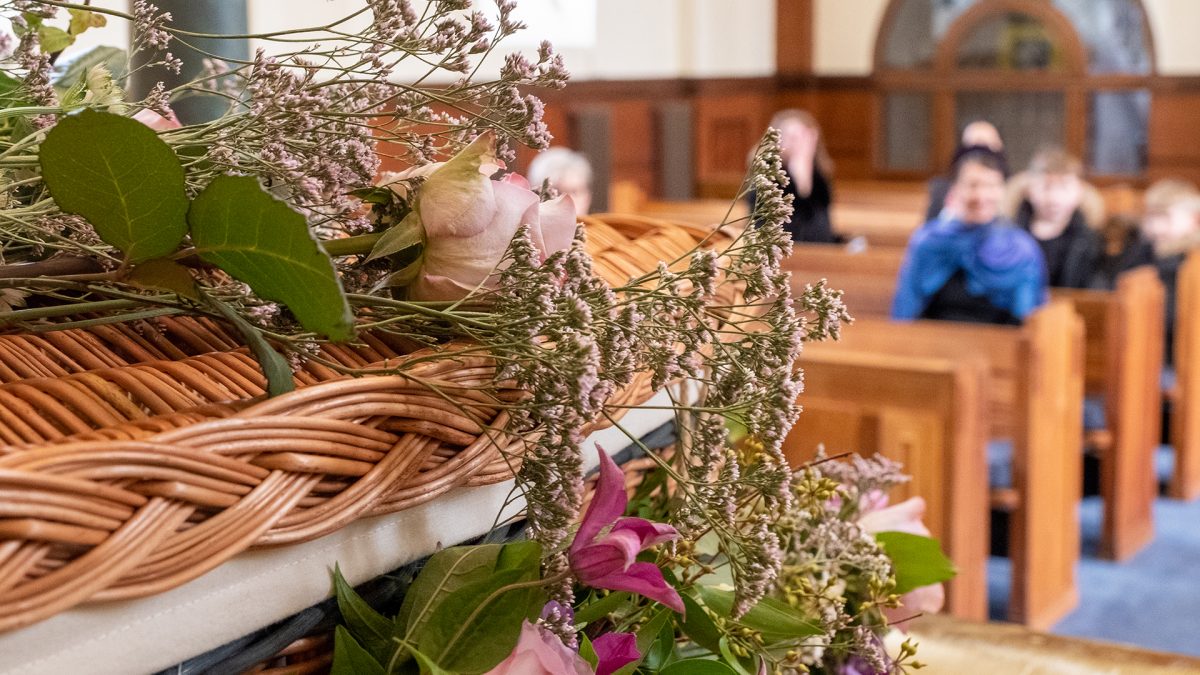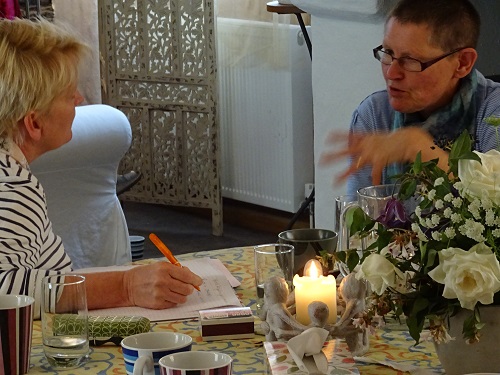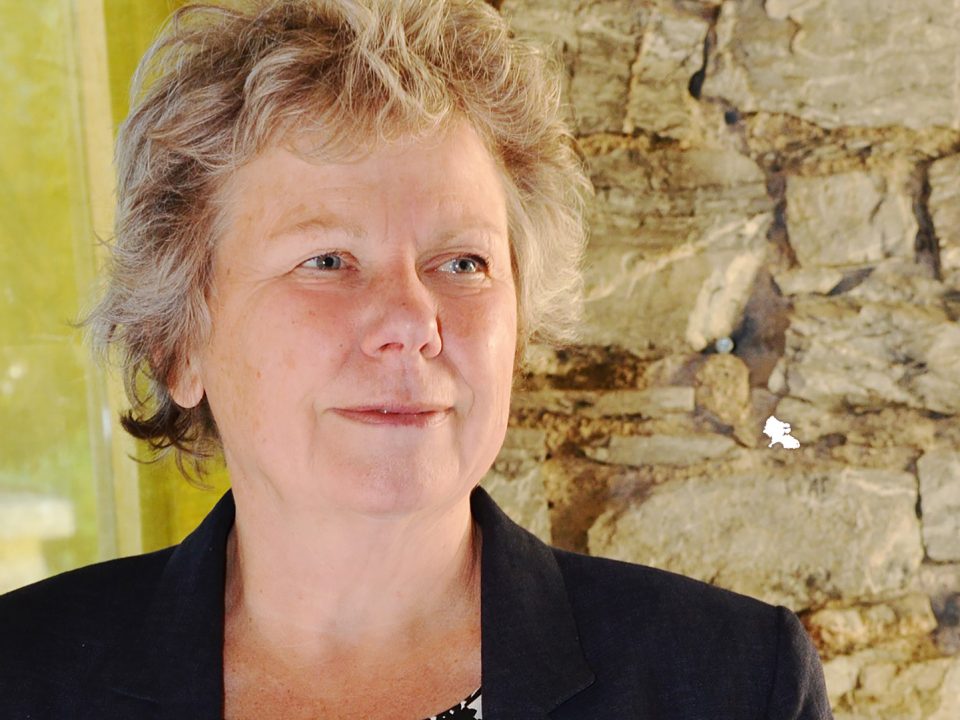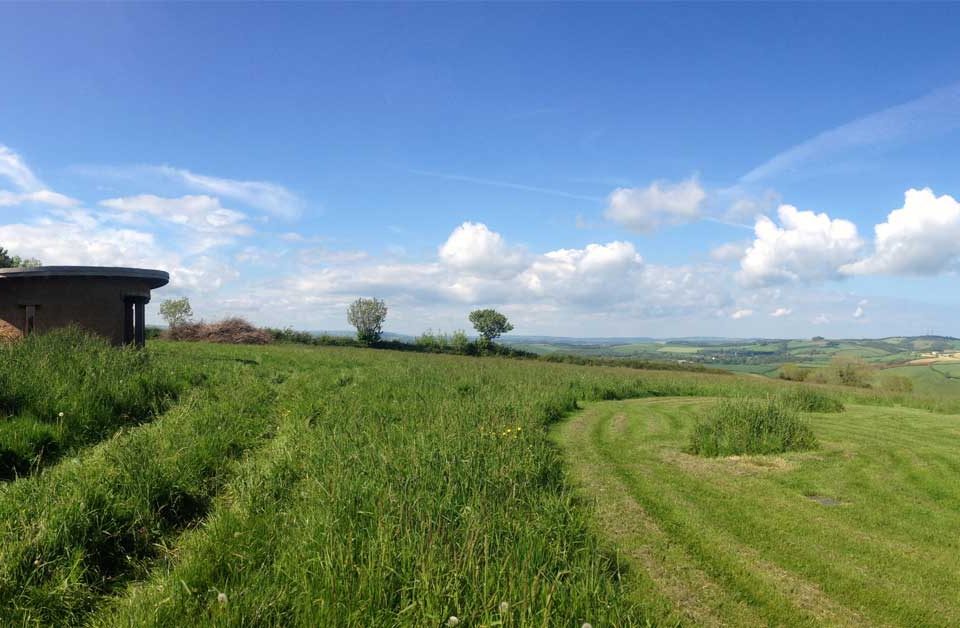Why we have funerals – anthropologist’s view

“The fact that practically all human societies possess some formalised death rites, alongside the otherwise practical task of disposing of a body, suggests that funerary ritual possesses some very positive function in human life. In evolutionary terms, it is likely that they have a positive adaptive significance for if they possessed no such benefit they would have been abandoned long ago. Death rites are a means of encouraging a commitment to life despite the fact of death.” Douglas Davies, Professor of Social Anthropology at Durham University in his book ‘Death, Ritual and Belief’.
He goes on to say “having encountered and survived bereavement through funerary rites and associated behaviour, human beings are transformed in ways which make them better adapted to their own and for their society’s survival in the world. Death rites are much concerned with issues of identity and social continuity.”
There is evidence that death rites go back as far as Neanderthal societies over 30,000 years ago, with evidence of intentional burial having taken place and the presence of flowers.
Funerals bring people together as a community, to acknowledge that the loss of one of its members is a significant event. We look to express our sorrow and derive meaning from the life of the person who has died, because if their life has meaning then so does ours. Davies writes “part of the success of certain religions lies in the benefit they confer upon members by turning death to advantage. The popularising and secularising of funerary rites is likely to be one of the major arenas of ritual development. If our argument is correct, then the rites which will flourish will be those which cause the bereaved to flourish as they enhance the quest for life.”
Simon Smith.
Heart and Soul Funerals
01364 643522




